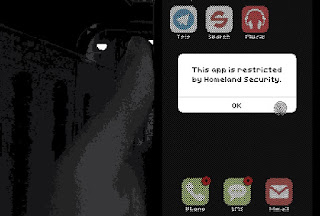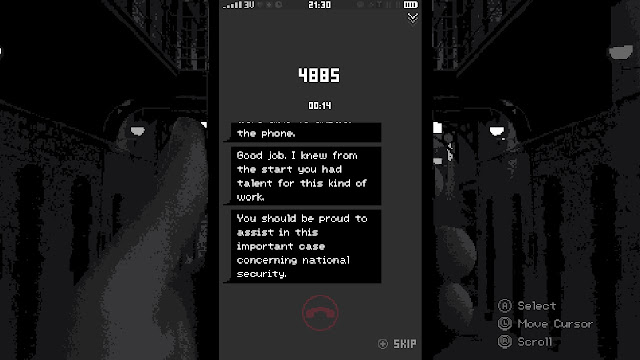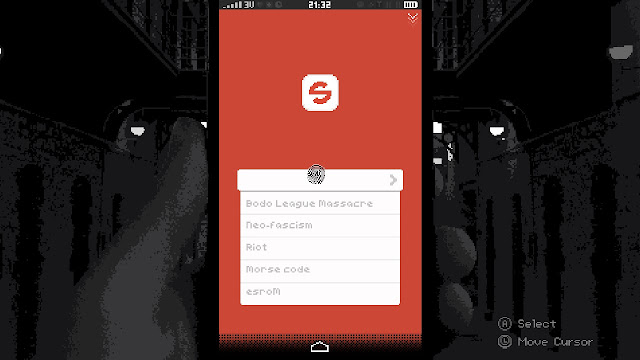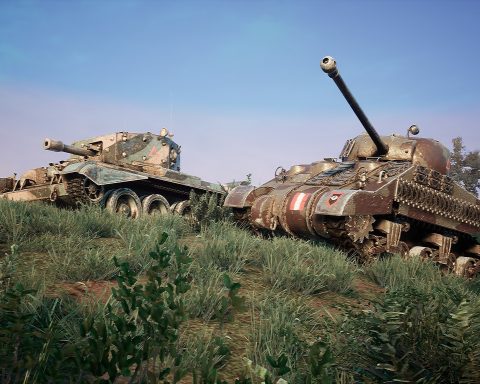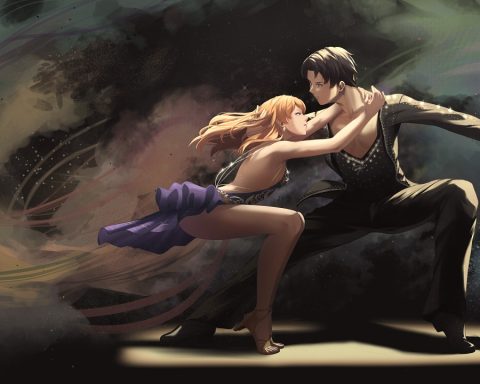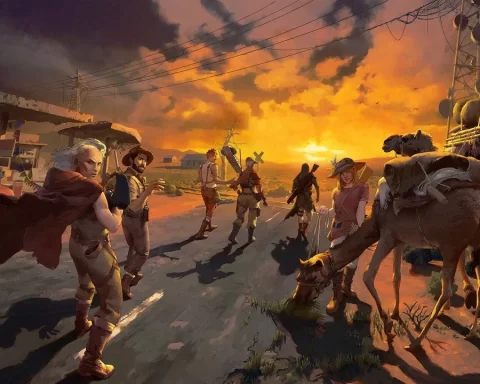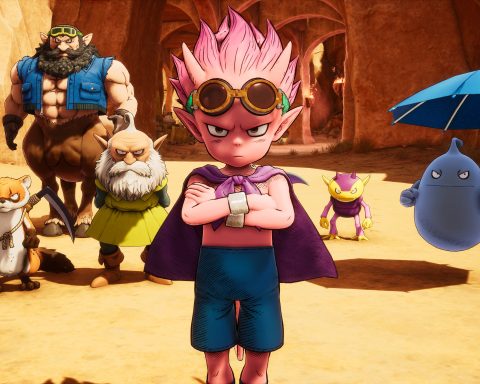There is a lot to discuss with regards to the topic Replica covers. This is a game about Orwellian surveillance and a fascist, censorious state causing individuals to turn on one another via their digital lives. It’s dense stuff, worthy of study and debate. The problem that Replica faces is that it doesn’t really add to the discussion. It’s a (rather flat) depiction rather than analysis.
Things start out easily enough. After the title screen plays out, you’re looking at a locked phone. Your first job is to unlock it. Thankfully, you do have access to a couple of SMSes, and one of them gives you a hint to what that passcode might be. Then the phone calls and you’re told that you’ve been captured and locked away, and the lives of your family is at risk. The only way to protect yourself and them is to scour the contents of this phone (which, as it turns out, is not yours), looking for evidence that the phone’s owner is an enemy of the state.
By sifting through the photos on this phone, breaking into the owner’s social media feeds, and reading through their messages, you do get a sense of who this person is. It’s quite obvious that as far as the state is concerned he absolutely is an enemy – he’s wearing a Che Guevara t-shirt in one of his photos – and it’s also obvious that from the perspective of anyone rational he’s a guy that has a strong moral and rebellious streak, but is ultimately about as far from being a “terrorist” as Hatsune Miku is from being a real girl. In trying to use the phone you also get a sense of just how hard this government is going on the censorship. Several social media apps are blocked completely, and anything that you might try and search for on the Internet returns no results if it’s even mildly controversial in topic. Ultimately you need to make some hard decisions. You can betray this guy, be a “hero” of the state and be allowed to live, or try to protect him and risk bringing the wrath of your “minders” on you.
Replica runs for about an hour from the start to any one of the endings, and it’s simply trying to canvas too many loaded political and personal discussion points for that run-time to be adequate. I do appreciate the desire on the part of the developer to respect my time, and there are many (many) short games that handle hugely complex topics with nuance. Far From Noise, for example, is a brilliant bit of philosophy condensed into an hour’s run time. Replica, however, doesn’t use its time very well and doesn’t make the player think on much.
I really liked the presentation of Replica – the moody background and pixel art did a good job of setting the ambience and avoiding the uncanny valley, which could have been distracting if they aimed for realism with the various “photos” that you look through. I also enjoyed the puzzles, though they were fairly one-note – you either needed to scour through the phone looking for “evidence” that the owner was a terrorist, or you needed to find clues to unlock various social media apps (and, eventually, a “secret photo folder”, which ends up holding just one, very benign photo, as a final reminder of just how not-terrorist this guy is). You end up feeling pretty clever in achieving some of the endings too, like figuring out how to call a journalist to turn whistleblower based on nothing but what’s buried in the phone. There’s not much content in the phone, but it’s enough to challenge your powers of observation along the way.
I wanted Replica to say a lot more than it did. We’re living in a time where governments are becoming more aggressive in snooping into people’s lives and for the first time since McCarthy, being branded as a “communist” is shifting from being someone who the right-wing impotently laugh at to someone who could be in some real danger. Replica does the right things in many ways, name-dropping real-world events and giving it enough context that the game is clearly anti-fascist in tone. Unfortunately, it lacks the intelligence and emotional resonance to be the interactive Orwellian experience that it wants to be.

